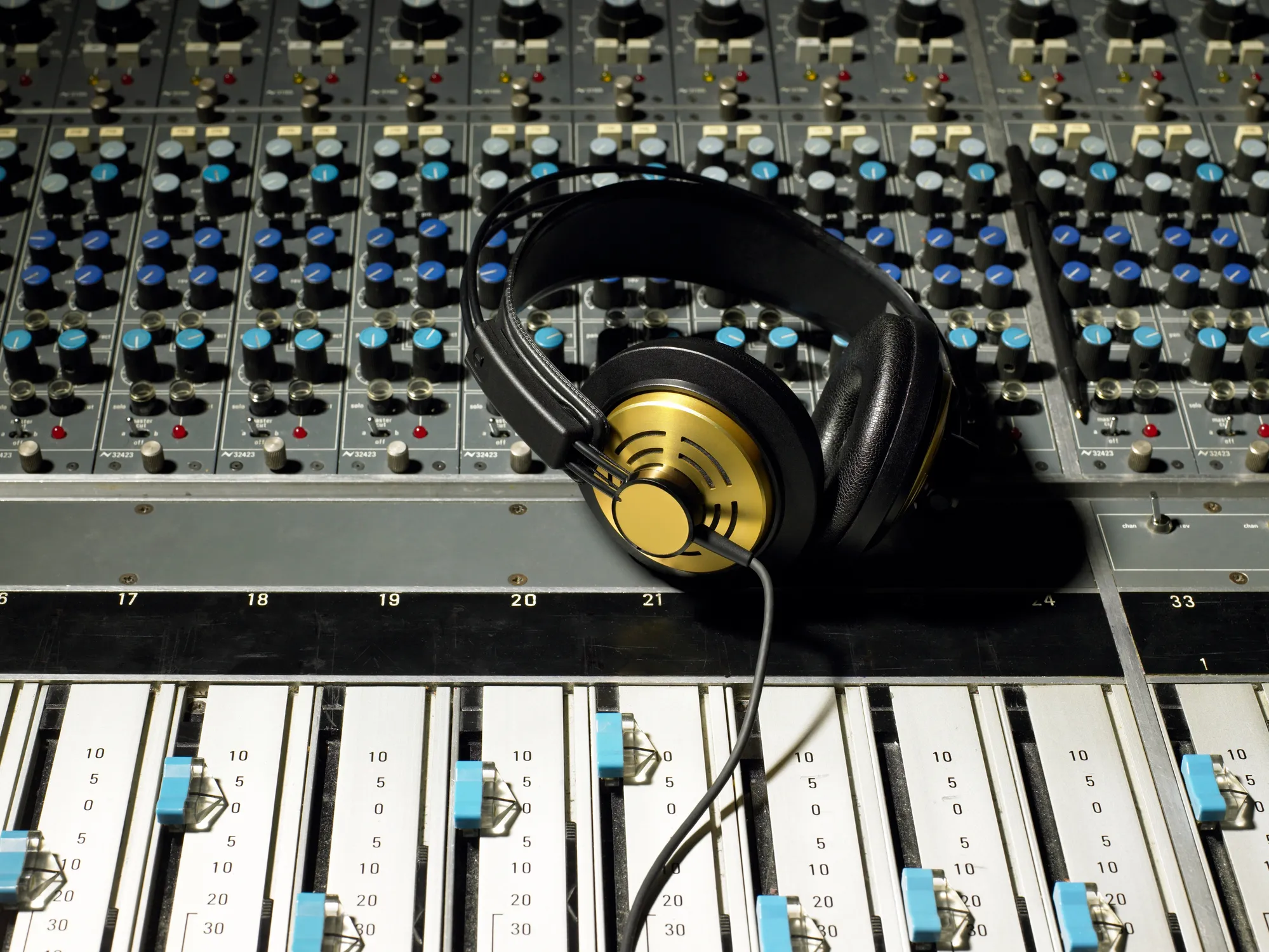Becoming an audio engineer is a great way to pursue a career in the music, radio, television, or film industry. Audio engineers are responsible for the recording, manipulation, and reproduction of sound. If you’re interested in pursuing a career in audio engineering, then you need to have knowledge of acoustics, electronics, studio recording techniques, and music software.
In this article, we’ll cover what audio engineers do, the types of audio engineering degrees, and studying internationally in the USA. Let’s take a closer look at audio engineering.
What Is an Audio Engineer and What Do They Do?
An audio engineer is a professional who specializes in the recording and manipulation of sound waves to create desired auditory effects. This can involve anything from recording live music performances to mixing and editing sound for movies and television shows to producing and mastering songs for artists.
Audio engineers have many responsibilities, including placing microphones and adjusting the sound balance at recordings, performances, and events. In addition to recording, they also edit and master sounds in recordings. They also need to understand sound equipment to perform repairs when necessary.1
 Image Source/Getty
Image Source/GettyTypes of Audio Engineering Degrees
Audio engineering can be pursued through various degree programs. An associate degree in audio engineering is designed to provide students with basic knowledge and skills in the field of sound production. This two-year program typically covers topics such as acoustics, digital recording techniques, analog and digital electronics, and digital signal processing.
Students may also opt for a bachelor’s degree in audio engineering. This four-year program provides students with more advanced courses, including studio production techniques, music technology, sound reinforcement, and the design and analysis of sound systems. It also covers topics such as post-production editing, sound synthesis, and digital signal processing.
A master’s degree in audio engineering is a great way to dive deeper into the field and gain more specialized skills. It’s designed for knowledgeable audio engineers who want to take their expertise to the next level. This degree typically takes a couple of years to complete, depending on the school or program. The USA can be a great place to get a master’s in audio engineering.
Studying Internationally in the USA
Studying audio engineering internationally in the USA can be an exciting and rewarding experience. The United States is home to some of the world’s top universities, offering a wide range of degree programs in audio engineering, recording arts, and music technology.
A degree from an American institution can help open up career opportunities in the entertainment industry, as well as other audio engineering fields. Studying abroad in the U.S. can also provide students with an international perspective, allowing them to work and collaborate with people from other countries and cultures.
Some of the top colleges for a master’s in audio engineering in the USA include Berklee College of Music, Georgia Institute of Technology, Belmont University, and Carnegie Mellon University.2 As you research your options, these are just a few worthwhile options to keep in mind.
Skills Audio Engineers Need
Audio engineering is an exciting and challenging field that requires specialized skills to succeed. To become a successful audio engineer, one needs to develop a wide range of competencies. Problem-solving, communication, multitasking, technological literacy, and sound monitoring are some of the key skills engineers must hone.
Problem-solving is essential for audio engineers as they often encounter technical problems that need to be solved. Audio engineers should also have strong communication skills, both verbal and written, in order to effectively interact with clients and other team members.
Multitasking is also vital as audio engineers are often responsible for setting up and monitoring several pieces of equipment at once. Additionally, technological literacy is important in order to work with the latest software and hardware since sound mixing is typically done digitally.
Finally, sound monitoring is a crucial skill since audio engineers must be able to effectively monitor and adjust sound levels throughout recording sessions and live performances. This skill requires both technical expertise and an ear for music. Overall, audio engineering is a technical and creative field that requires specialized skills to succeed.
Related Job Titles
Audio engineers are responsible for the recording, manipulation, and reproduction of sound. However, due to their broad range of responsibilities, they are also referred to by many other titles, such as recording engineers, sound technicians, and sound mixers.
These job titles are generally interchangeable and describe the broad spectrum of the profession. In short, they refer to a person who specializes in controlling a particular audio environment and manipulating or transforming sound recordings for various purposes.
With this in mind, you may see audio engineers called recording engineers, sound technicians, sound mixers, audio technologists, studio technicians, audio technicians, and sound engineers.3 So, those are other job titles you may see in job listings.
Becoming an Audio Engineer
Becoming an audio engineer is a great way to have a career in the music, film, movie, or radio industry. Not only do you need to be able to operate different types of audio equipment, but you must also understand acoustics and electronics.
If you’re interested in pursuing a career in the field, then consider getting a master’s degree in audio engineering from a school in the USA. Audio engineers are in high demand, so this is a great time to consider a career in audio engineering.4